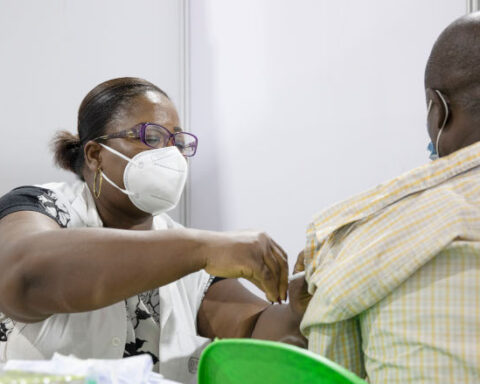- New own resources needed to boost the recovery and repay Next Generation EU loans
- EU should monitor the implementation of national investments and reforms
Recovery should reduce economic divergence and boost the EU’s long-term social and environmental targets, the Economic and Monetary Affairs Committee said on Thursday.
In their vote on Thursday on economic policies needed in the euro area to tackle the crisis created by the pandemic, MEPs from the Economic and Monetary Affairs Committee stressed that EU countries’ economies are strongly interconnected. An incomplete recovery in one country would therefore spill over to all the other countries and dampen economic growth everywhere.
Targeted spending decisions
MEPs also said that the governments’ spending decisions following the COVID-19 crisis should focus on putting more funds into reversing climate change and boosting digitalisation. These measures should also foster social, economic and environmental resilience and include investments, especially in SMEs. At the same time, MEPs suggest that the Commission should explore how to better finance the Just Transition Fund, designed to alleviate the socio-economic effects of the transition to a climate-neutral economy.
Deficit, debt and own resources
The Economic and Monetary Affairs Committee is concerned about the negative and uneven impact of the COVID-19 crisis on government deficit and public debt in the EU. MEPs agreed that issuing European Commission bonds helps member states cover the costs related to measures taken in response to the pandemic.
Furthermore, the committee calls on EU leaders and the Commission to take a bold decision and urgently put in place new own resources, at least as of 2021. This would not only boost the recovery but also allow loans to be repaid under the Next Generation EU, during the next long-term budget.
Efficient use and protection of state funds
The committee demands that those receiving state aid, EU funds or other public money due to the COVID-19 crisis, must sustain jobs, pay their fair share of taxes, commit to sustainability objectives and refrain from paying out dividends. MEPs recalled that tax evasion and tax avoidance at EU level amount to up to EUR 160-190 billion each year, constituting missing revenues. They stressed that it is vital to fight tax fraud, tax evasion, tax avoidance and money laundering, at both national and EU levels.
Finally, MEPs pointed out that linking the Recovery and Resilience Facility to the European Semester process in order to monitor the progress made in implementing investments and reforms could help EU countries with their recovery.
The resolution was approved by 29 votes to 11, with 11 abstentions. It is scheduled for a plenary vote during the next plenary session, 19-23 October.






